water deionizer
The 24″ tall, 7 1/4″ diameter tank comes filled with 13 lbs. of our exclusive ion-exchange resins that remove minerals from the water through a process that binds them to the resin. Because the majority of the impurities are dissolved, deionization produces highly purified water, so no more spots! The two valves control the water flow through the filter. This allows you to bypass the filter when it is not needed to prolong the life of the resin. Add our Stainless Steel Quick Disconnect Set for faster, easy use. The life of the resin depends upon the amount of total dissolved solids (TDS) in your water. Want to know your TDS level? Check out our easy-to-use TDS Meter. The replacement resin is safe, disposable, and easy to install.
Report Abuse
Shipping Details
Based on 0 reviews
Be the first to review “water deionizer”
You must be logged in to post a review.
Vendor Information
- Store Name: ATLANTIC Scientific and Research Supply
- Vendor: ATLANTIC Scientific and Research Suply
- No ratings found yet!
-
Health & Medical
ECG Machine
Model number: ECG-903 (Three channel)
Three channel ECG with interpretive
Build in rechargeable Li battery
Chinese/English language
Simultaneous 12 leads
320X240 graphic LCD, 3.8 inch screen
Paper size: 63mmX20/30m
Built in RS232 interface (USB is optional)
128 patients save/copy/communicationSKU: n/a -
Health & Medical
Pippin-prep
The Pippin Prep facilitates library construction for the most popular NGS platforms, and is recommended by Illumina and Ion Torrent for certain workflows. The platform features the ability to collect narrow and even fragment distributions, as well as the flexibility to collect wide ranges of fragments with minimal effort. Target sizes or ranges of sizes are entered in software, and fractions are collected in buffer. Up to 5 samples per gel cassette may be run, with no possibility of cross contamination
SKU: n/a -
Health & Medical
Hand Rails
Kopperguard™ antimicrobial HAND RAILS kills greater than 99.9% of Bacteria* within 2 hours of contact
All Kopperguard™ products are made from CuVerro® antimicrobial copper and registered with EPA as the only solid Antimicrobial Surface
Incorporation of Kopperguard™ antimicrobial product into your facility can help reduce the bacteria* that cause infections
Available in a brushed rose gold finish that elegantly lets everyone know the steps you have taken to provide continuous protection against disease-causing bacteria*
Antimicrobial protection never looked so good!
Offered in 18”, 24”, 32”, 36” sizes for easy installation so no area is left unprotected
SKU: n/a -
Health & Medical
Door Pulls
Kopperguard™ antimicrobial DOOR PULLS kills greater than 99.9% of Bacteria* within 2 hours of contact!
All Kopperguard™ products are made from CuVerro® antimicrobial copper and registered with EPA as the only solid Antimicrobial Surface
Incorporation of Kopperguard™ antimicrobial product into your facility can help reduce the bacteria* that cause infections
Available in a brushed rose gold finish that elegantly lets everyone know the steps you have taken to provide continuous protection against disease-causing bacteria*
Antimicrobial protection never looked so good!
Offered in 8”, 10”, 12” sizes for easy installation
SKU: n/a -
Health & Medical
Push Plate
Kopperguard™ antimicrobial DOOR PULLS kills greater than 99.9% of Bacteria* within 2 hours of contact
All Kopperguard™ products are made from CuVerro® antimicrobial copper and registered with EPA as the only solid Antimicrobial Surface
Incorporation of Kopperguard™ antimicrobial product into your facility can help reduce the bacteria* that cause infections
Available in a brushed rose gold finish that elegantly lets everyone know the steps you have taken to provide continuous protection against disease-causing bacteria*
Antimicrobial protection never looked so good!
Offered in the standard 16 “x 4” for easy installation so no area is left unprotected
SKU: n/a


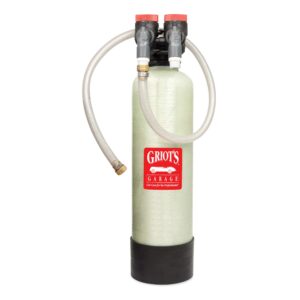
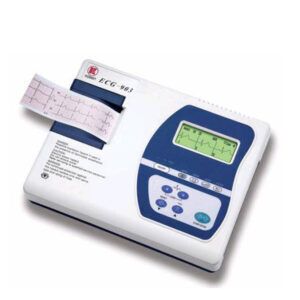
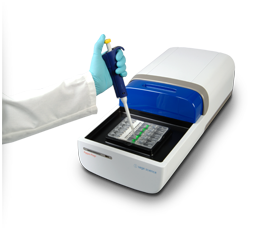
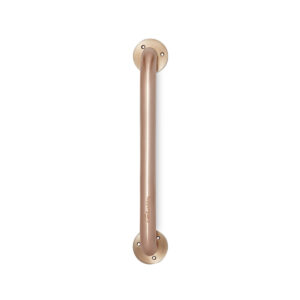
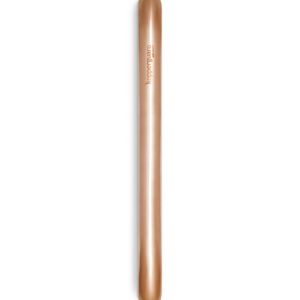
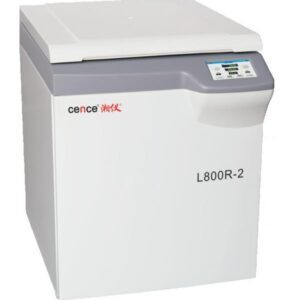
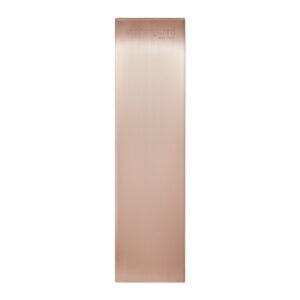
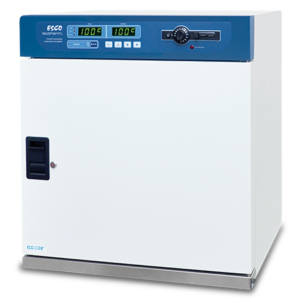
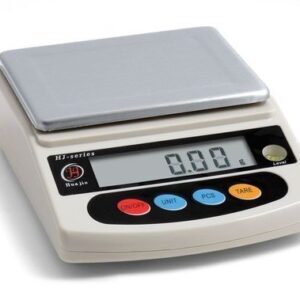
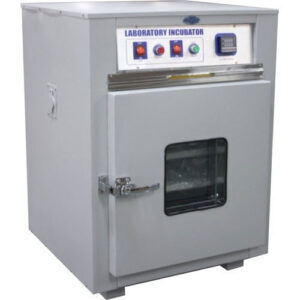
There are no reviews yet.